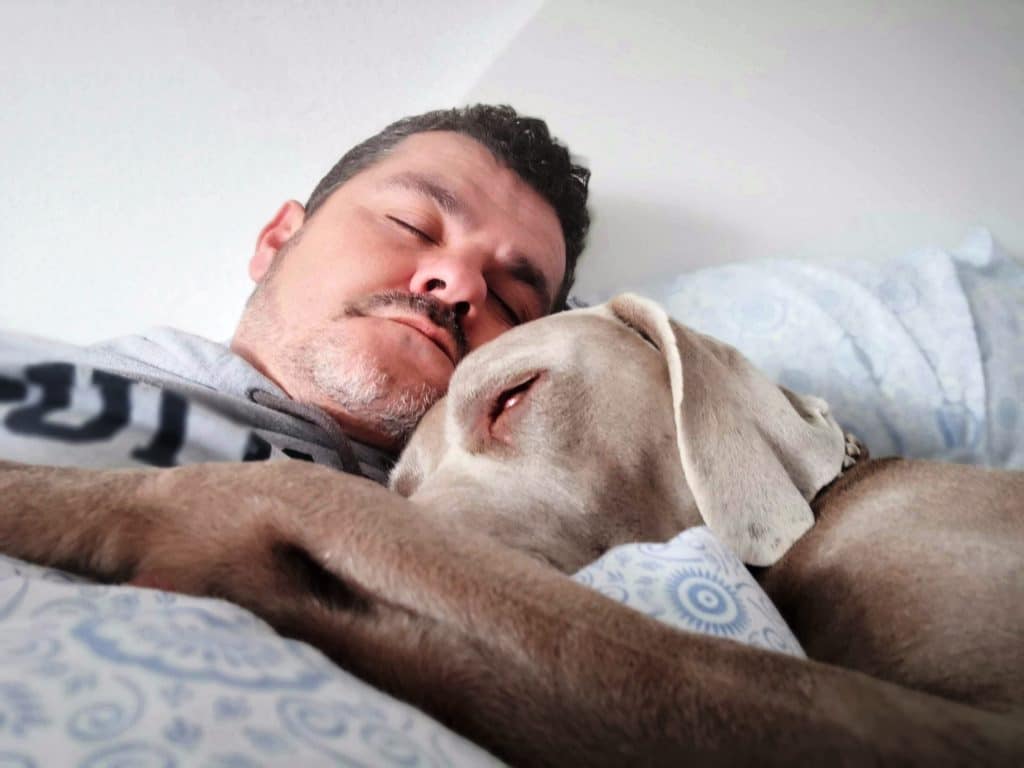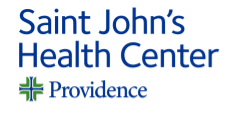
Republished from Medical News Today
Drooling is a normal part of life for infants and sometimes a problem for adults. A person may drool for a variety of reasons. For example, allergies and certain neurological conditions can cause this symptom. Some people may find excessive drooling embarrassing. However, it should not be a cause of embarrassment.
In some cases, excess saliva production can cause swallowing issues and other problems. Doctors may refer to excess drooling as sialorrhea or ptyalism. This article will examine the potential causes of drooling and the treatments available to manage this symptom.
Definition of Drooling
Drooling occurs when saliva pools outside the mouth involuntarily. It can happen when the muscles around the mouth are weak or underdeveloped. It can also occur if a person produces too much saliva or has difficulty swallowing.
The salivary glands create saliva. Saliva helps with:
- digestion
- swallowing
- oral health
- speech
There are three pairs of major salivary glands. These are the parotid, submandibular, and sublingual glands. People also have hundreds of minor salivary glands. Typically, people produce up to 1.5 liters of saliva per day. Sometimes, however, the glands overproduce saliva. This can cause drooling.
In infants, drooling is normal. Infants have weak muscles around the mouth and do not have full control over swallowing. Usually, drooling stops when infants reach the age of around 15–18 months. Drooling can also occur in people with certain medical or neurological conditions.
Causes of Drooling
Drooling can be the result of a medical condition. It can also be a side effect of certain drugs. Any disease, condition, or medication that weakens the muscles, causes excess saliva production, or makes it harder to swallow may cause drooling. The following are some potential causes of drooling.
Age
Infants are prone to drooling because they do not have full control of their mouth muscles until they are a little older. Drooling also happens when infants are teething.
Diet
Consuming acidic foods, such as alcohol and certain fruits, can encourage excess saliva production and lead to drooling.
Allergies
People who have seasonal allergies may experience excess saliva production, which can lead to drooling. Some other symptoms of allergies include:
- itchy eyes
- a runny nose
- sneezing
Medications
Certain medications can cause people to produce more saliva than usual. Potential culprits include medications for:
- psychiatric conditions
- myasthenia gravis
- Alzheimer’s disease
Neurological conditions
Some neurological conditions can also cause drooling. These include conditions that cause muscle weakness, especially in the face. Some examples of neurological conditions that may impact a person’s ability to swallow or close their mouth include:
- Parkinson’s disease
- amyotrophic lateral sclerosis (ALS)
- cerebral palsy
- stroke
Other conditions
Other conditions that cause excess saliva production or difficulty swallowing may also lead to drooling. Some examples of such conditions include:
- acid reflux
- infections, such as tonsillitis, strep throat, or sinusitis
- anatomical irregularities in the head and neck
- sleep apnea
- Pregnancy may lead to drooling.
Treatments
Sometimes, drooling requires no treatment. In infants, for example, people consider drooling to be normal. Doctors will recommend treatment if the drooling is severe, interrupts daily activities, or causes embarrassment. In some cases, severe drooling can also give rise to respiratory infections if the person inhales the excess saliva.
Excess drooling can also cause skin irritation, such as drool rash, as people frequently wipe the saliva from around their mouths. Some ways that people can manage excess saliva production include:
- sucking on hard candies
- chewing gum
- wearing a wristband to discreetly wipe the mouth
Treatment varies depending on the severity of a person’s drooling and what is causing it. Options include the following:
Therapy
Certain kinds of therapy can help treat excess drooling. For example, swallowing therapy can help people with swallowing problems by teaching them exercises to strengthen their mouth and throat muscles. Healthcare professionals can also help people learn eating and drinking techniques that can help limit drooling.
Likewise, speech therapy can help with tongue mobility and improve lip position and closure during swallowing.
Botox injections
Healthcare professionals can inject Botox into the salivary glands to reduce saliva production. Usually, this treatment does not have significant side effects. It does not always work, but when it does, it may reduce drooling for a few months. Injections are usually into the parotid glands via the cheek.
Medications
In people whose drooling is the result of allergies, taking allergy medication can help limit excess saliva production. Doctors may also prescribe particular saliva curbing medications to people with neurological conditions.
Anticholinergic drugs can help control saliva production. Anticholinergic drugs are not the top treatment choice, however, because many have adverse side effects.
The potential side effects of these drugs include:
- dry mouth, vomiting, drowsiness
- dizziness, constipation, headaches
If medication is causing or exacerbating drooling, a person can speak to their doctor to find a different treatment option.
When to see a doctor
Drooling is fairly common and is not usually a cause for concern. However, if excessive drooling is persistent, severe, interrupts daily activities, or causes embarrassment, it may be worth seeking medical advice to help manage this symptom.
Summary
Drooling is a common symptom of many medical and neurological conditions. It may seem like a minor problem, but it can severely impact a person’s quality of life. Drooling can cause skin problems and respiratory infections. It also has the potential to harm a person’s self-esteem and social life. Although chronic drooling can be difficult to control, there are several ways to manage excess drooling, including therapy, oral devices, medications, and, in severe cases, surgery.
At Pacific Eye & Ear Specialists, we employ thorough evaluation and treatment regimes. In addition to our Los Angeles ENT physicians and Audiologists we also have a top aesthetic medical spa, Rejuva located on the same floor.
If you have any questions, feel free to call us at (310) 477-5558.







